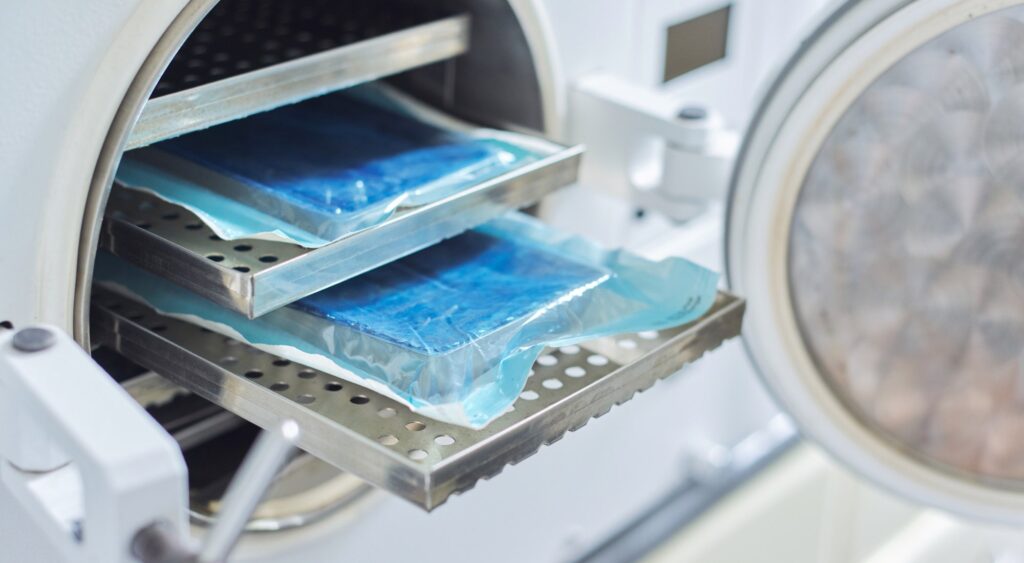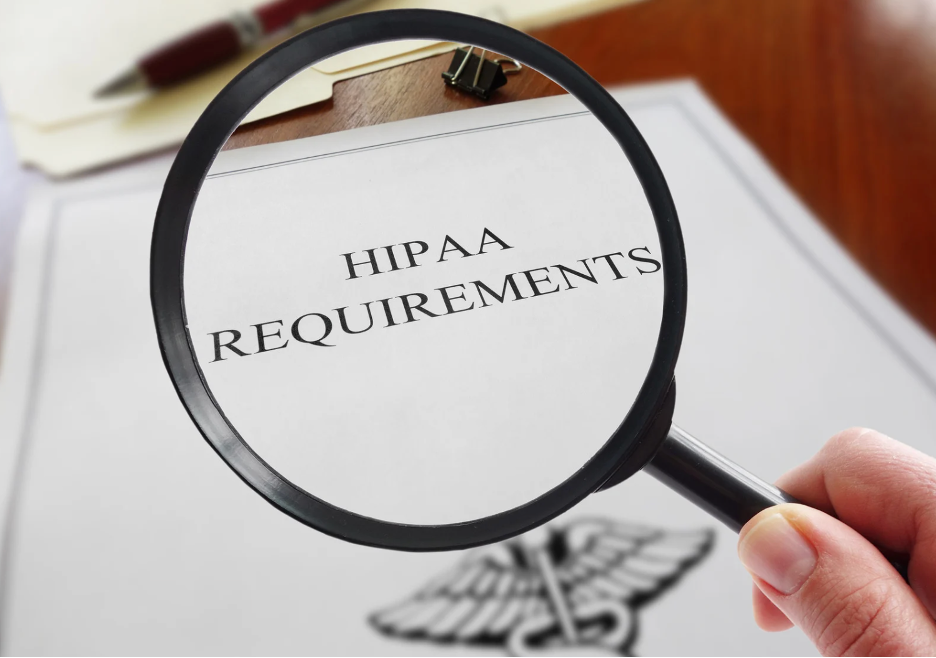Yes, the proper sterilization of medical devices, surgical instruments, supplies and equipment utilized in patient care and surgery is a critical aspect of health care that directly impacts patient safety. Healthcare facilities and dental practices are required to be in compliance with the Federal requirements outlined in the Medicare Conditions of Participation to receive Medicare/Medicaid payment. The federal guidelines for infection control and sterilization include the requirement that weekly spore tests should be performed and the results filed.
Knowing and understanding the principles and various sterilization methods, in addition to consistent monitoring, helps to ensure effective sterilization, patient safety, and cost-effectiveness. These same standards should apply regardless of whether the patient care is being provided, in an acute care hospital, ambulatory surgical center, outpatient facility, dental or physician’s office.
Non-compliance of sterilization
What is deeply concerning is the astounding rates of sterilization non-compliance. Healthcare Associated Infections are among the leading causes of preventable deaths and the most common complication of hospital care in the United States.
According to the Centers for Disease Control and Prevention and the New England Journal of Medicine, in hospitals alone, “1 in 31 hospitalized patients have at least 1 HAI at any given time, with more than 680,000 infections and billions of dollars in excess health care costs related to HAIs across the United States every year.” Although significant progress has been made in preventing some HAI types over the last decade, there is much more work to be done.
The Joint Commission on Accreditation of Healthcare Organizations is a US based non-profit organization formed in 1951 with a mission to maintain and elevate the standards of healthcare delivery through evaluation and accreditation of healthcare organizations.
The Joint Commission regularly analyzes standards compliance data to identify trends and tailor education related to challenging standards and National Patient Safety Goals (NPSGs). The top 5 most challenging requirements for 2023 and corresponding elements of performance (EPs) identified most frequently as “not compliant” (in the higher Survey Analysis for Evaluating Risk® or SAFER® categories) during surveys and reviews from January 1 through December 31, 2023, include the non-compliance of hospitals, ambulatory and office-based surgery facilities to reduce the risk of infections associated with medical equipment, devices, and supplies.
The consequences of failed processes may result in serious outcomes for the organization. These include:
- Placing patients at risk for contamination
- Causing potential outbreaks
- Potential loss of Joint Commission accreditation
- Potential loss of Centers for Medicare and Medicaid Services (CMS) deeming status
- Bad publicity, lost business and a damaged reputation
- Litigation
Prevention of Healthcare Associated Infections
Studies have shown that with the proper education and training, health care workers increased compliance and adoption of best practices to prevent Heath Acquired Infections. The CDC estimates that as much as $31.5 billion of the $45 billion annual direct cost of HAIs could be saved with an effective infection program, which would significantly reduce the economic burden. The most important benefit would be the reduction of preventable deaths and healthcare-related infections.
For more information regarding proper sterilization guidelines visit: https://www.cdc.gov/infection-control/hcp/guidance/index.html/Disinfection
What is being done now to increase compliance of sterilization and reduce Healthcare Associated Infections?
In recognition of Healthcare Associated Infections as an important issue of patient health and safety, the US Department of Health and Human Services has coordinated prevention efforts across the federal government and devised a plan and roadmap called “The National Action Plan to Prevent Healthcare Associated Infections”. “The HAI Action Plan provides a roadmap for preventing HAIs in acute care hospitals, ambulatory surgical centers, end-stage renal disease facilities, and long-term care facilities, and for coordinating the implementation of antibiotic stewardship efforts as a means of HAI prevention. The latter complements efforts outlined in the National Action Plan for Combating Antibiotic Resistant Bacteria. The HAI National Action Plan also includes a chapter on increasing influenza coverage of health care personnel.”
“Phases One, Two, and Three of the HAI Action Plan led to meaningfully enhanced coordination of federal efforts to address HAIs by establishing a structure to regularly share best practices, resources, and lessons learned among federal partners. Phase Four, which was finalized in February 2018, reviews federal antibiotic stewardship efforts across various healthcare settings, highlights the importance of antibiotic stewardship to prevent resistance in HAIs, and showcases the coordination between various health agencies.”
Experience Better Healthcare Compliance
MedSafe is the nation’s leading one-stop resource for outsourced accreditation and healthcare compliance solutions. For over 30 years, we have been providing peace of mind to hospital groups, dental groups, private practices, and their business associates. Our suite of onsite and online training services, including OSHA, HIPAA, Corporate Compliance and Code Auditing better equip your practice with the necessary tools and skills to achieve and maintain regulatory billing compliance. MedSafe takes a hands-on approach and works directly with your team to uncover issues and define suitable solutions.
For more information on the recommendations from the ADA (American Dental Association) visit:
https://www.ada.org/en/resources/ada-library/oral-health-topics/infection-control-and-sterilization
For more information from the CDC (Centers for Disease Control and Prevention) visit:
https://www.cdc.gov/dental-infection-control/hcp/dental-ipc-faqs/sterilization-monitoring.html



